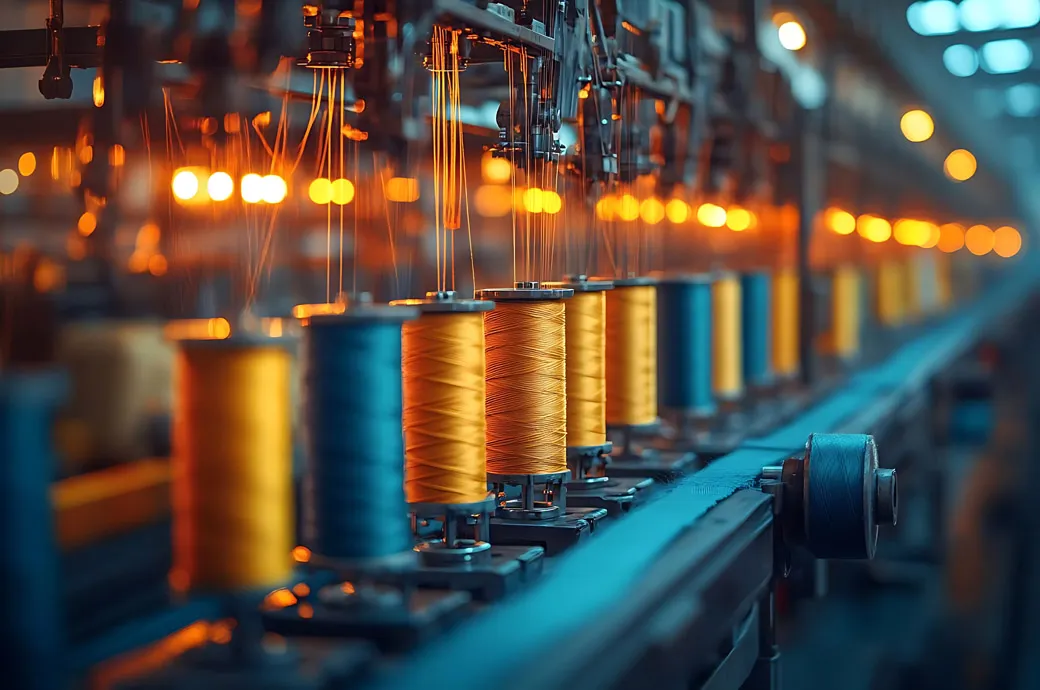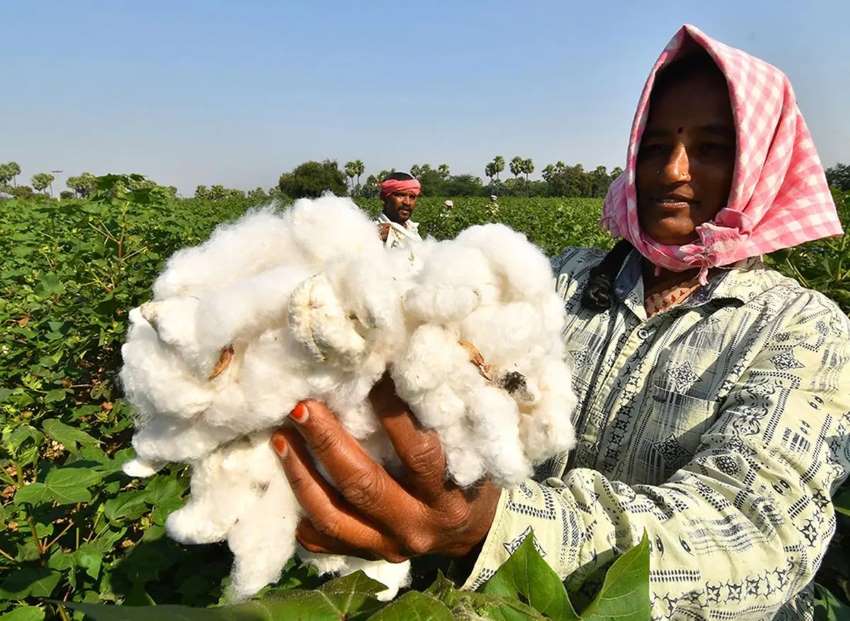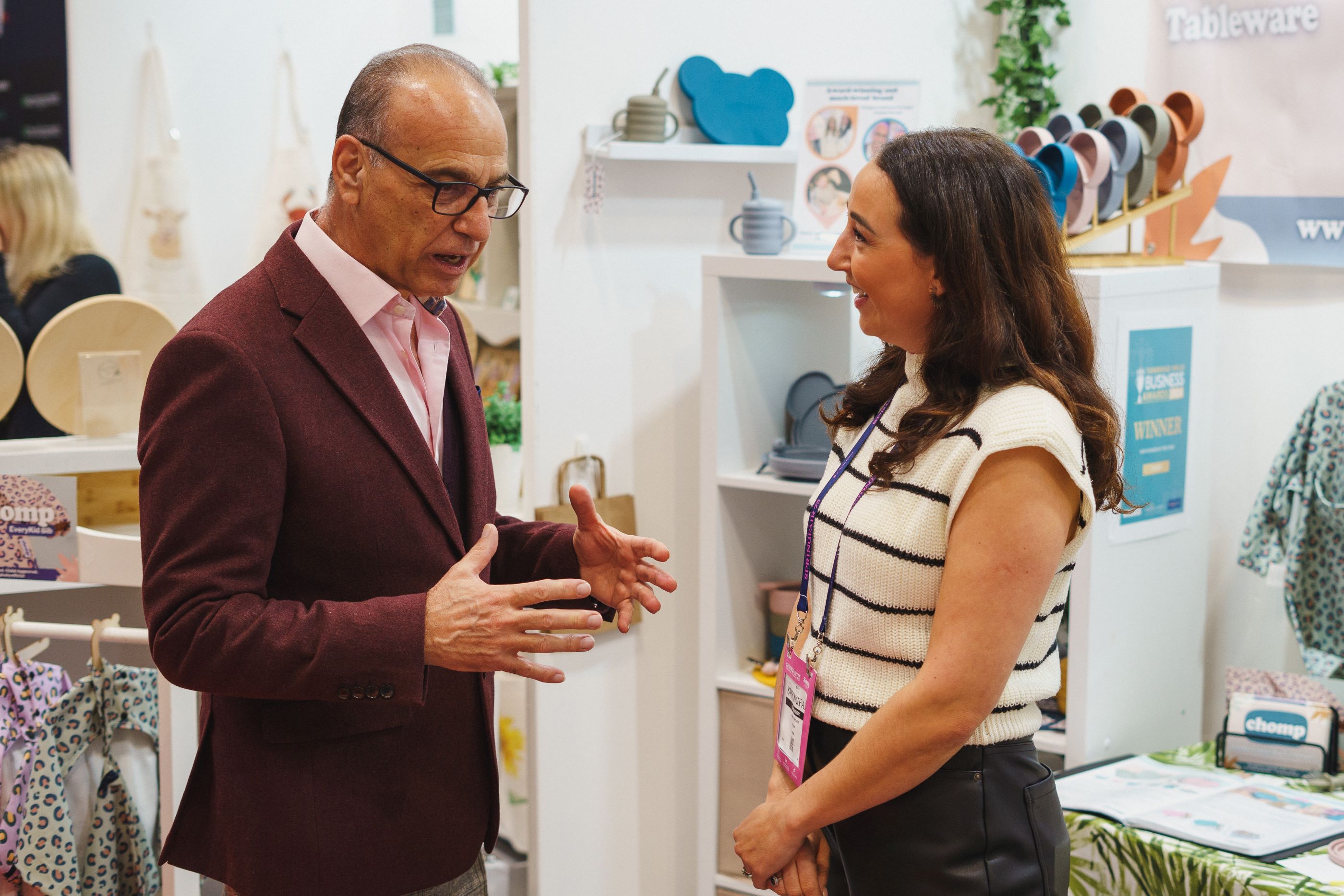Japanese operator of the clothing chain Uniqlo, Fast Retailing is expected to post a14 per cent growth in its operating profit reaching 125.9 billion yen in Q2, FY25.
As per an LSEG consensus, this would represent a record second-quarter performance for the company, nearly doubling the first quarter's 7.4 per cent profit growth.
From its humble beginnings as a single store in Hiroshima four decades ago, Uniqlo has expanded to over 2,500 locations worldwide. The company's success is built on selling affordable fleece and cotton apparel predominantly manufactured in China and other Asian countries.
However, this established business model now faces challenges due to widespread tariffs initiated by the US President, coupled with retaliatory measures from some of America's key trading partners.
In response to a slowing economy in China, its largest overseas market with over 900 stores, Fast Retailing has increasingly focused on growth opportunities in North America and Europe.
Mark Chadwick, an independent analyst acknowledges the negative impact of the tariffs on Fast Retailing but points out that its competitors in the retail sector will likely face similar pressures, and other industries might be even more severely affected.
He believes that textile supply chains possess greater flexibility compared to sectors like automotive. Chadwick anticipates that the US tariffs will negatively impact Fast Retailing's earnings over the next year, albeit less significantly than other global firms such as Nintendo and Toyota.
Tadashi Yanai, Founder, Fast Retailing, aims to establish his company as the world's leading clothing brand. He has consistently advocated for free trade and defended the company's business dealings in China despite human rights concerns.
The US President has indicated that Japan would face a 24 per cent reciprocal tariff on non-auto products, while duties on Chinese goods are set to rise to 104 per cent.
UBS analysts report. Uniqlo goods shipped to North America are sourced from outside China. Their estimates suggest, Fast Retailing's tariff costs could reach around 34.3 billion yen in the next fiscal year, potentially reducing business profit by approximately 6 percent.
Takahiro Kazahaya, Analyst, UBS, suggests, increased price sensitivity among consumers might lead them to re-evaluate the value-pricing proposition at Uniqlo, potentially opening up business opportunities in the medium term.
For FY25 ending August 2025, Fast Retailing projects an operating profit of 530 billion yen, marking its fourth consecutive year of record earnings. The company’s domestic sales have recently been boosted by a surge in duty-free shopping, driven by a tourism boom in Japan fueled by a weak yen.












